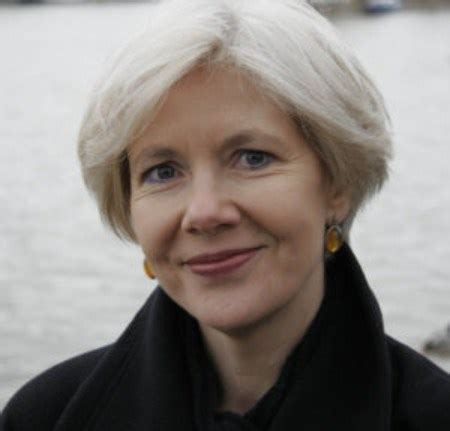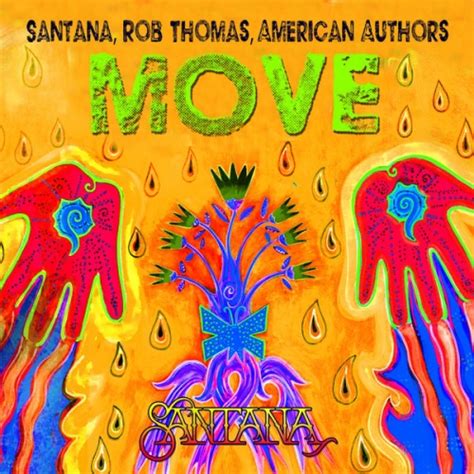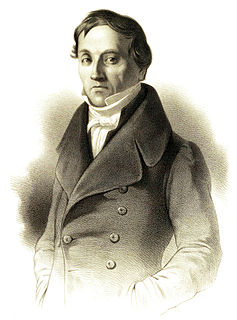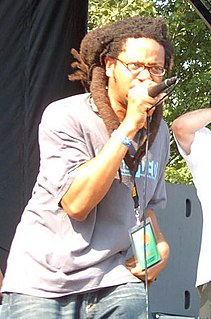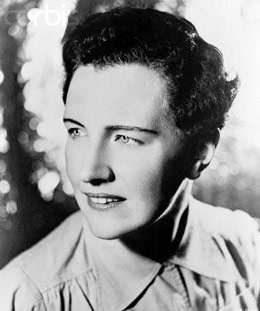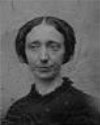A Quote by Konrad Lorenz
All too willingly man sees himself as the centre of the universe, as something not belonging to the rest of nature but standing apart as a different and higher being. Many people cling to this error and remain deaf to the wisest command ever given by a sage, the famous "Know thyself" inscribed in the temple of Delphi.
Related Quotes
Suddenly he saw himself as others in the crowd must surely see him; a silent, solitary figure, standing apart from the rest. He looked out at the hoardes of singing, laughing people and felt more alone than he'd ever felt in his life. Was this how it was going to be then? Was this who he was? A man apart from his fellows, making the journey through life alone?
A priest is a man vowed, trained, and consecrated, a man belonging to a special corps, and necessarily with an intense esprit de corps. He has given up his life to his temple and his god. This is a very excellent thing for the internal vigour of his own priesthood, his own temple. He lives and dies for the honour of his particular god. But in the next town or village is another temple with another god. It is his constant preoccupation to keep his people from that god. Religious cults and priesthoods are sectarian by nature; they will convert, they will overcome, but they will never coalesce.
Individuality in universality is the plan of creation. Each cell has its part in bringing about consciousness. Man is individual and at the same time universal. It is while realising our individual nature that we realise even our national and universal nature. Each is an infinite circle whose centre is everywhere and circumference nowhere. By practice one can feel universal Selfhood which is the essence of Hinduism. He who sees in every being his own Self is a Pandita (sage).
It is especially appropriate to say that the greatest command, the most condensed philosophy, the wisest success-achieving advice ever given was given by a man who was crucified. He summed it all up when he said, "Love one another." One does not really need to fight for success. One can love one's way to success.
Know thyself! This is the source of all wisdom, said the great thinkers of the past, and the sentence was written in golden letters on the temple of the gods. To know himself, Linnæus declared to be the essential indisputable distinction of man above all other creatures. I know, indeed, in study nothing more worthy of free and thoughtful man than the study of himself. For if we look for the purpose of our existence, we cannot possibly find it outside ourselves. We are here for our own sake.
The Scripture says that He, the Lord, came walking in the Temple, with His train; I do not know who they were, unless His wives and children; but at any rate they filled the Temple, and how many there were who could not get into the Temple I cannot say. This is the account given by Isaiah, whether he told the truth or not I leave every body to judge for himself.
As far as sometimes being involved with different demonstrations, I did an anti-war protest in San Fran in January, and I'm standing there, amongst all these people, and it's this great thing to see people being active and actually standing up for what they believe in and still letting the government know that there are people who will still sacrifice a portion of their day to stand up for what they care about, but I'm just thinking to myself, "God, man, these protests have been going on throughout I-don't-even-know-how-many years, and here we are again."
He sees himself in his lover as if in a mirror, not knowing whom he sees, And when they are together, he too is released from pain, and when apart, he longs as he himself is longed for; for reflected in his heart is love's image, which is love's answer. But he calls it, and believes it, not love but friendship.



